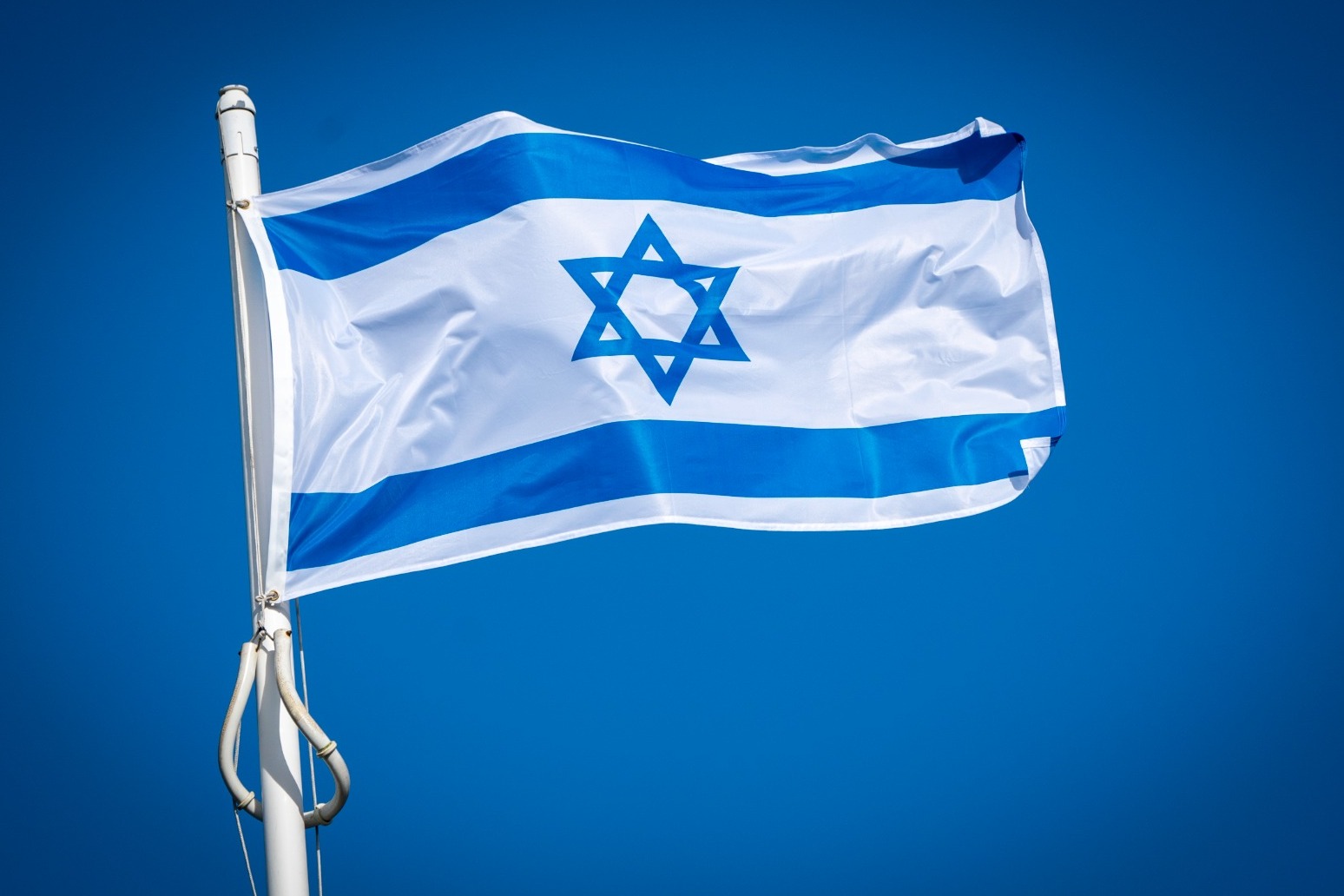
The soldiers mistakenly identified the three Israelis as a threat and opened fire on them
Israeli troops on Friday mistakenly shot to death three hostages in a battle-torn neighbourhood of Gaza City, and an Israeli strike killed a Palestinian journalist in the south of besieged territory.
The deaths underscored the ferocity of Israel’s more than two-month-old onslaught in Gaza, as a US envoy was trying to persuade the Israelis to scale back their campaign sooner rather than later.
The hostages were killed in the Gaza City area of Shijaiyah, where troops have been engaged in fierce fighting with Hamas militants in recent days. The soldiers mistakenly identified the three Israelis as a threat and opened fire on them, said the army’s chief spokesman, Rear Admiral Daniel Hagari.
He said it was believed that the three had either fled their captors or been abandoned.
“Perhaps in the last few days, or over the past day, we still don’t know all the details, they reached this area,” Mr Hagari said. He said the army expressed “deep sorrow” and was investigating.
US President Joe Biden was briefed later on Friday by his national security team about the deaths, according to White House National Security Council spokesman John Kirby.
“It’s heartbreaking, it’s tragic,” Mr Kirby said.
The news came as US national security adviser Jake Sullivan completed a short trip to the region.
Mr Kirby said the US expected Israel would conduct an investigation to better understand the circumstances that lead to the Israeli troops mistakenly killing the captives. He added that at the moment too little was known about the incident to “make some sort of broad judgment about the specific circumstances here”.
Hamas and other militants abducted more than 240 people in their October 7 attack that triggered the war, and the hostages’ plight has dominated public discourse ever since. Their families have led a powerful public campaign calling on the government to do more to bring them home.
Demonstrations in solidarity with the hostages and their families take place nearly every day.
Late on Friday, hundreds of protesters blocked Tel Aviv’s main highway in a spontaneous demonstration calling for the the hostages’ return.
Israeli political and military leaders often say freeing all the hostages is their top aim in the war alongside destroying Hamas.
Still, in seven weeks since ground troops pushed into northern Gaza, troops have not rescued any hostages, though they freed one early in the conflict and have found the bodies of several. Hamas released more than 100 in swaps for Palestinian prisoners last month, and more than 130 are believed to be still in captivity.
The three hostages were identified as three young men who had been abducted from Israeli communities near the Gaza border — Yotam Haim, 28, Samer Al-Talalka, 25, and Alon Shamriz, 26.
Israel’s Prime Minister Benjanmin Netanyahu called their deaths an “unbearable tragedy” vowing to continue “with a supreme effort to return all the hostages home safely.”
In southern Gaza, the Al Jazeera television network said an Israeli strike on Friday in the city of Khan Younis killed cameraman Samer Abu Daqqa and wounded its chief correspondent in Gaza, Wael Dahdouh. The two were reporting at a school that had been hit by an earlier airstrike when a drone launched a second strike, the network said.
Speaking from a hospital bed, Mr Dahdouh told the network that he managed to walk to an ambulance. But Mr Abu Daqqa lay bleeding in the school and died hours later.
An ambulance tried to reach the school to evacuate him but had to turn back because roads were blocked by the rubble of destroyed houses, it said.
Mr Dahdouh, a veteran of covering Israel-Gaza wars whose wife and children were killed by an Israeli strike earlier in the war, was wounded by shrapnel in his right arm.
Before Mr Abu Daqqa’s death, the Committee to Protect Journalists reported at least 63 journalists killed in the war, including 56 Palestinians, four Israelis and three Lebanese.
Israel’s offensive, triggered by the unprecedented October 7 Hamas attack on Israel, has flattened much of northern Gaza and driven 80% of Gaza’s population of 2.3 million from their homes.
Displaced people have squeezed into shelters mainly in the south in a spiralling humanitarian crisis.
It has killed more than 18,700 Palestinians, according to the Health Ministry in Gaza. Thousands more are missing and feared dead beneath the rubble.
The ministry does not differentiate between civilian and combatant deaths. Its latest count did not specify how many were women and minors, but they have consistently made up around two-thirds of the dead in previous tallies.
While battered by the Israeli onslaught, Hamas has continued its attacks. On Friday, it fired rockets from Gaza toward central Israel, setting off sirens in Jerusalem for the first time in weeks but causing no injuries.
The group’s resilience called into question whether Israel can defeat it without wiping out the entire territory.
Israel on Friday also said it was opening a military police investigation into the killing of two Palestinians in the West Bank after an Israeli human rights group posted videos that appeared to show Israeli troops killing the men — one who was incapacitated and the second unarmed — during a military raid in a West Bank refugee camp.
The B’Tselem human rights group accused the army of carrying out a pair of “illegal executions”.
Israel’s military said its military police unit opened an investigation into the December 8 shootings “on the suspicion that during the incident, shots were fired not in accordance with the law”.
It said that the findings would be referred to a military prosecutor, an indication that criminal charges could be filed.
Published: by Radio NewsHub







